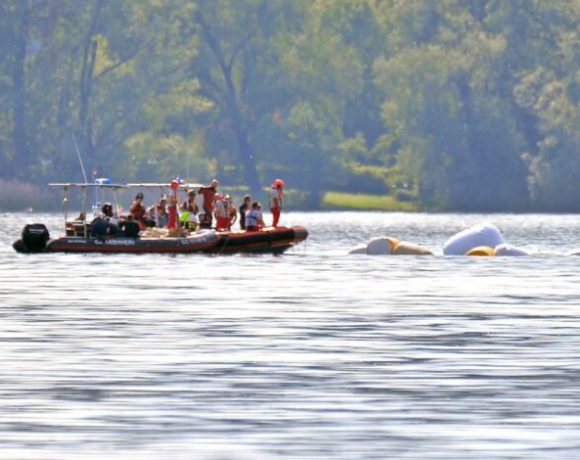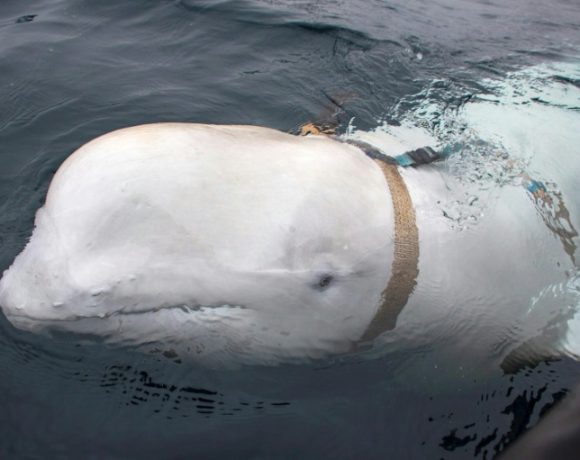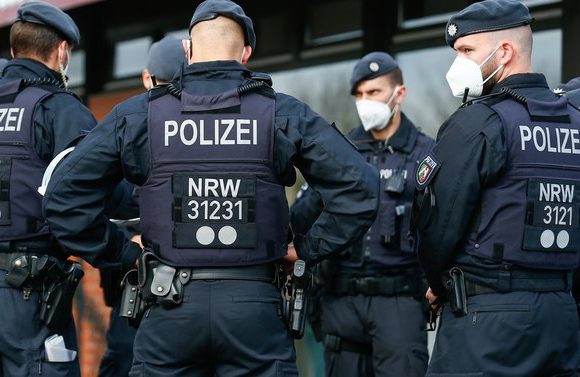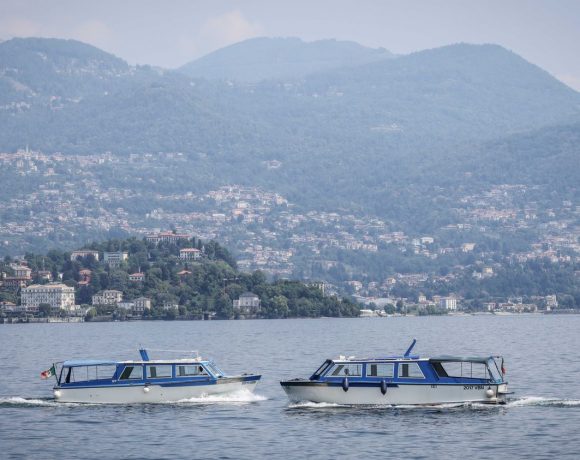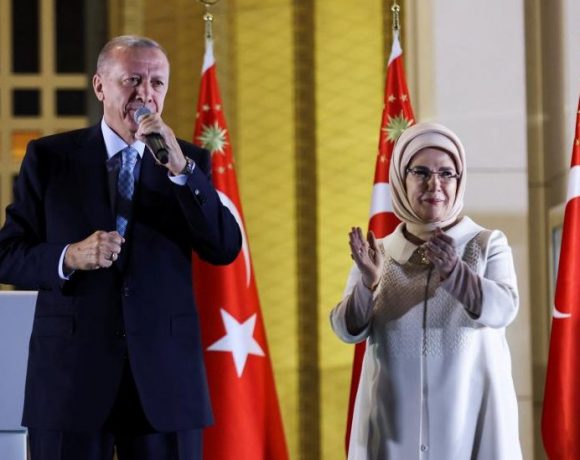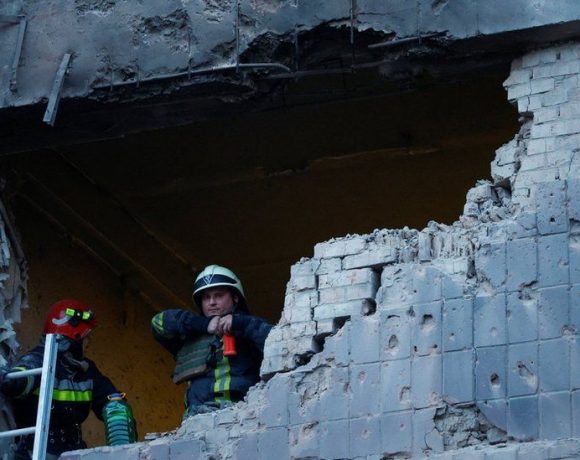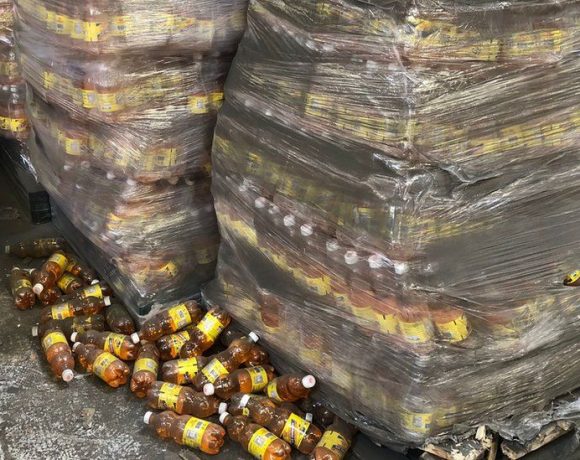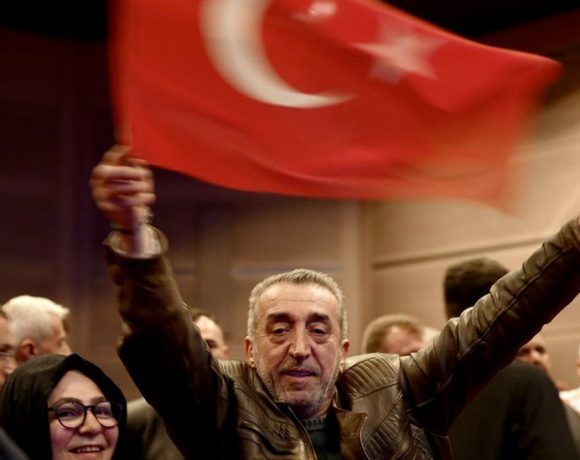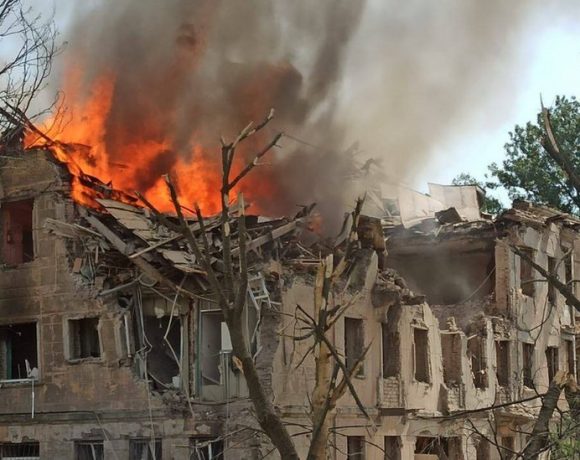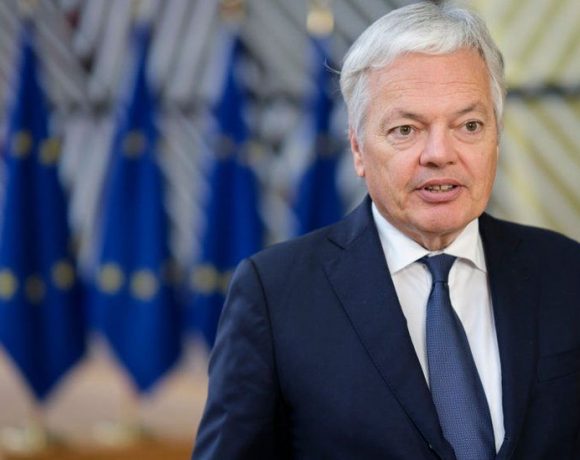
After Polish lawmakers established a new commission that might prevent persons with ties to Russia from holding public office, the EU threatened to take action against Poland.
The committee, which was approved by Poland’s parliament last week, will look into alleged Russian meddling between 2007 and 2022. However, detractors assert that the panel, which will be predominated by members of the administration, is meant to criticise opposition leader and former prime minister Donald Tusk.
Didier Reynders, the EU’s justice commissioner, stated that the panel was of “special concern.”
Anyone found guilty of acting under “Russian influence” will be subject to a 10-year ban from managing public finances, effectively preventing them from holding public office.It will look at gas agreements made with Russia in particular since the government claims they made the nation unduly dependent on Moscow.
According to sources, the 10-member panel might present its initial report as early as September and is predicted to be controlled by lawmakers from the ruling Law and Justice Party (PiS).
The EU Commission “will analyse the legislation and will not hesitate to take measures if it is needed,” Mr. Reynders told reporters in Brussels.
Without actual access to justice, including the ability to challenge an administrative decision before an impartial court, he continued, “it is impossible to agree on such a system.”
MPs from the opposition Civic Platform Party are concerned that the probe, which will focus on their party’s final period in office from 2007 to 2015, will try to undermine support for Mr. Tusk, who was prime minister at the time.
Despite not being a member of parliament, Mr. Tusk is now the party’s chairman and leader. He is anticipated to run against Prime Minister Mateusz Morawiecki in elections later this year.
Krzysztof Brejza, the parliamentary leader of Civic Platform, referred to the new committee as a “Soviet-style idea” and charged that the administration had “organised a witch hunt against Donald Tusk and eliminated him” prior to the election.
Mark Brzezinski, the US ambassador to Poland, expressed his concern that the commission would “reduce voters’ ability to vote for those they want to vote for” on Monday. However, Mr. Morawiecki has defended the bill and charged Mr. Tusk with harbouring a secret.
Nothing should be feared, Mr. Morawiecki remarked, adding: “Why is this valued opposition of ours, especially Mr. Tusk, so terrified of a commission to verify Russian influence?
An ongoing dispute between Warsaw and the EU over judicial reforms resulted in the suspension of billions of euros in aid to Poland in January. Additionally, PiS has been charged with curtailing other civil liberties, including as press freedom, and opposition lawmakers claim Poland risks becoming an authoritarian state if the government is re-elected.
Picture courtesy: Google/images are subject to copyright

